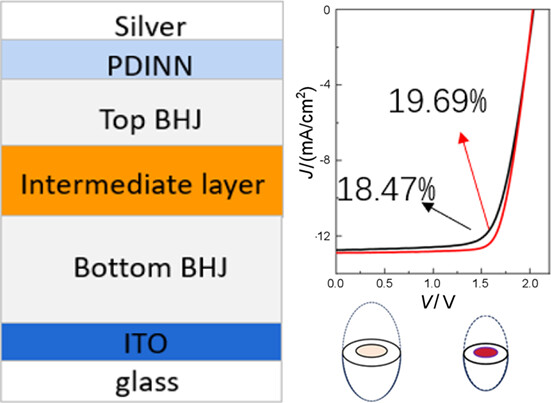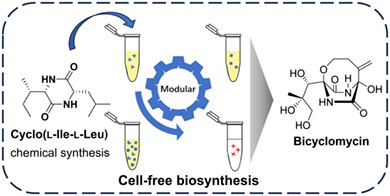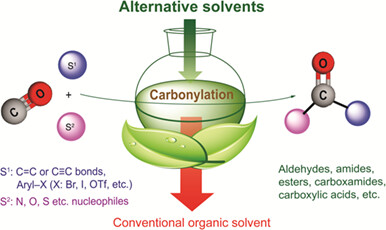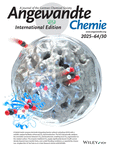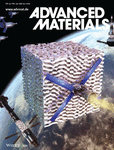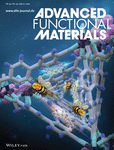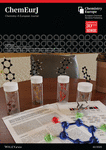Journal list menu
Export Citations
Download PDFs
Cover Picture
Cover Picture
- Page: 333
- First Published: 15 January 2024
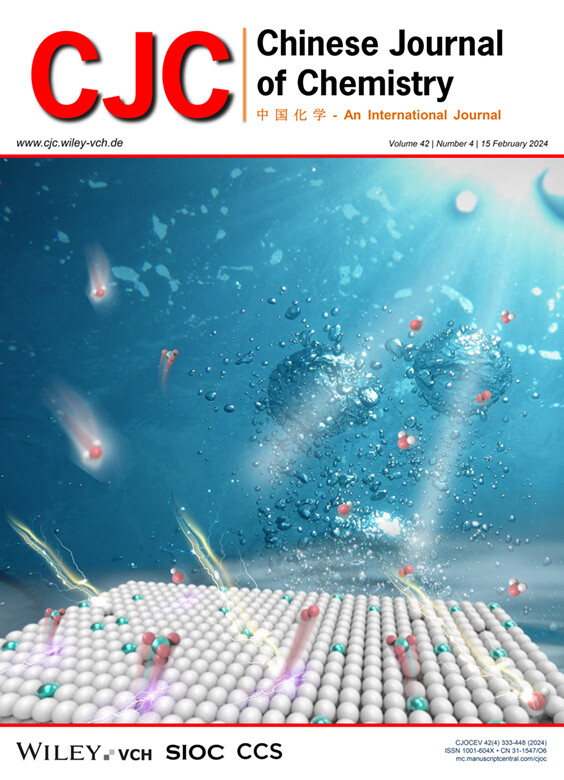
Fe-based oxyhydroxides are state-of-the-art electrocatalysts for alkaline OER, however, the role of Fe still remains a hot topic of considerable discussion over the past decades. The in situ generated Fe vacancies on CoFeOOH derived from dynamic Fe dissolution during OER process are responsible for the significantly enhanced OER performance. More details are discussed in the article by Luo et al. on page 343—350.
Inside Cover Picture
Inside Cover Picture
- Page: 334
- First Published: 15 January 2024
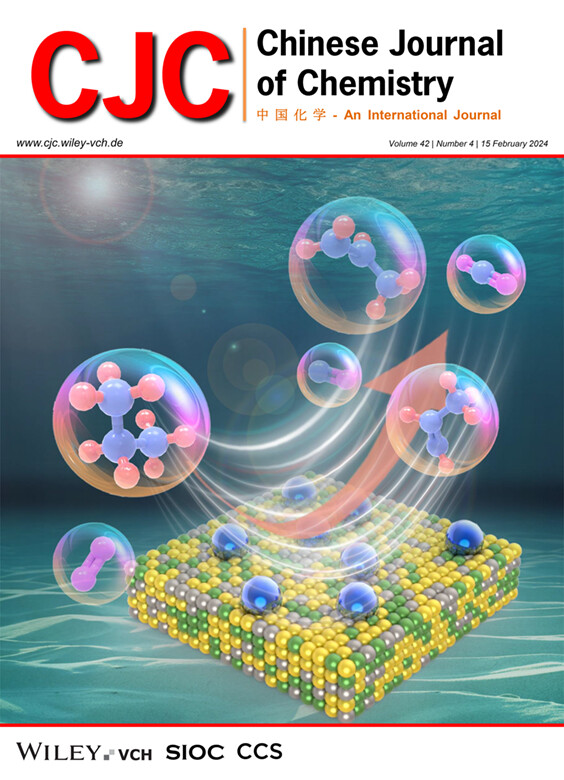
Oxidative dehydrogenation of propane is attractive because of its exothermic nature but suffers from the over-oxidation to CO and even CO2 as undesired by-products. Ni single atoms supported on calcium aluminate are shown to be a potential candidate for propane oxidative dehydrogenation with higher propylene selectivity than that of Ni nanoparticles, which benefits from the positive chemical nature of single atoms. More details are discussed in the article by Qiao et al. on page 370—376.
Contents
Breaking Reports
Identification of in situ Generated Iron-Vacancy Induced Oxygen Evolution Reaction Kinetics on Cobalt Iron Oxyhydroxide
- Pages: 343-350
- First Published: 15 September 2023
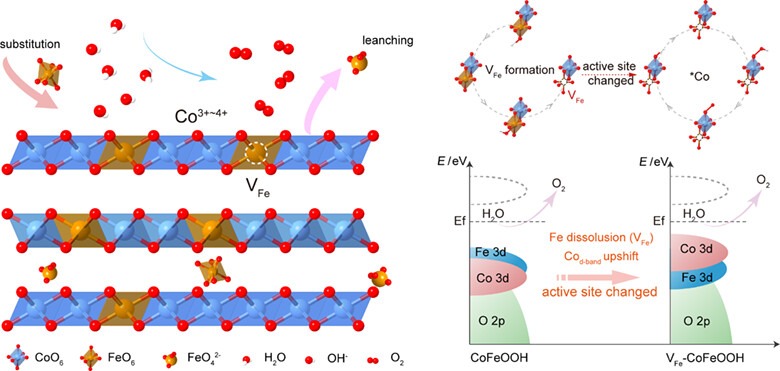
Fe vacancies could significantly promote the d-band center and valence states of adjacent Co sites, alter the active site from Fe atom to Co atom, accelerate the formation of high-valent active Co4+ species, and reduce the energy barrier of the potential-determining step, thereby contributing to the significantly enhanced OER performance.
Decarboxylative Amination with Nitroarenes via Synergistic Catalysis†
- Pages: 351-355
- First Published: 28 September 2023
Concise Reports
Nickel-Catalyzed Stereoselective Migratory Carboboration of 1,4-Cyclohexadiene†
- Pages: 356-362
- First Published: 03 October 2023
Cobalt-Catalyzed Switchable [4 + 1] and [4 + 1 + 1] Spirocyclization of Aromatic Amides with 2-Diazo-1H-indene-1,3(2H)-dione: Access to Spiro Indene-2,1'-isoindolinones and Spiro Isochroman-3,1'-isoindolinones
- Pages: 363-369
- First Published: 02 October 2023
Oxidative Dehydrogenation of Propane over Supported Nickel Single-Atom Catalyst†
- Pages: 370-376
- First Published: 27 September 2023
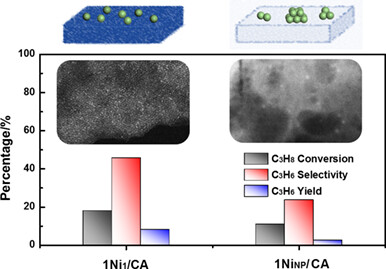
The calcium aluminate supported Ni single-atom catalysts (Ni1/CA) exhibit higher propylene selectivity in oxidative dehydrogenation of propane than Ni nanoparticles counterpart as a result of Ni1 sites with higher metal valance states which are more favorable to propylene desorption, effectively inhibiting its further oxidation to COx by-products.
Manipulating Nanowires in Interconnecting Layer for Efficient Tandem Organic Photovoltaics
- Pages: 377-383
- First Published: 10 October 2023
Establishing Modular Cell-Free Expression System for the Biosynthesis of Bicyclomycin from a Chemically Synthesized Cyclodipeptide
- Pages: 384-390
- First Published: 10 October 2023
Strong Antiferromagnetic Exchange-Coupling Observed in Hydride-Bridged Dimeric Dysprosium(III) Single-Molecule Magnet
- Pages: 391-396
- First Published: 02 October 2023
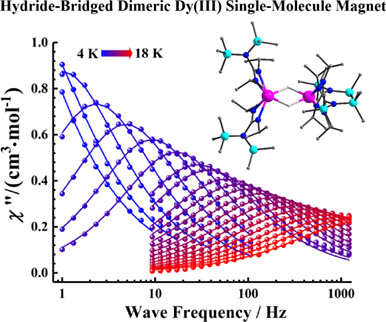
We successfully synthesized one dihydride-bridged dimeric Dy(III) guanidinate complex and its zero-field single-molecule magnet (SMM) behaviour is confirmed by magnetic relaxation dynamics studies. Theoretical investigations reveal the importance of reasonable arrangement of easy axes on Dy(III) sites to enhance magnetic blocking of dinuclear Dy(III) SMMs.
Comprehensive Report
Dual-Confined Bead-Like CoSe2@NC@NCNFs Bifunctional Catalyst Boosting Rechargeable Zinc-Air Batteries
- Pages: 397-405
- First Published: 10 October 2023
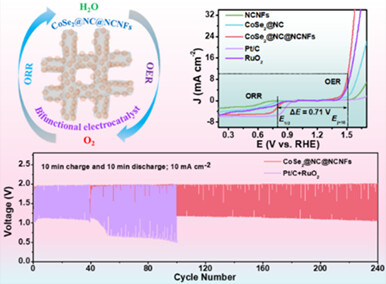
A bead-like CoSe2@NC@NCNFs catalyst was constructed for ORR and OER by confining cubic CoSe2 nanoparticles within 3D porous MOFs-derived N-doped carbon (NC) and 1D N-doped carbon nanofibers (NCNFs). The as-constructed CoSe2@NC@NCNFs catalyst exhibits high ORR/OER catalytic activity and robust charge-discharge cycling stability.
Recent Advances
Recent Advances in Catalytic Carbonylation Reactions in Alternative Reaction Media
- Pages: 406-429
- First Published: 03 October 2023
Recent Advances in the Synthesis and Polymerization of New CO2-Based Cyclic
- Pages: 430-443
- First Published: 10 October 2023
Inside Back Cover
Inside Back Cover
- Page: 447
- First Published: 15 January 2024
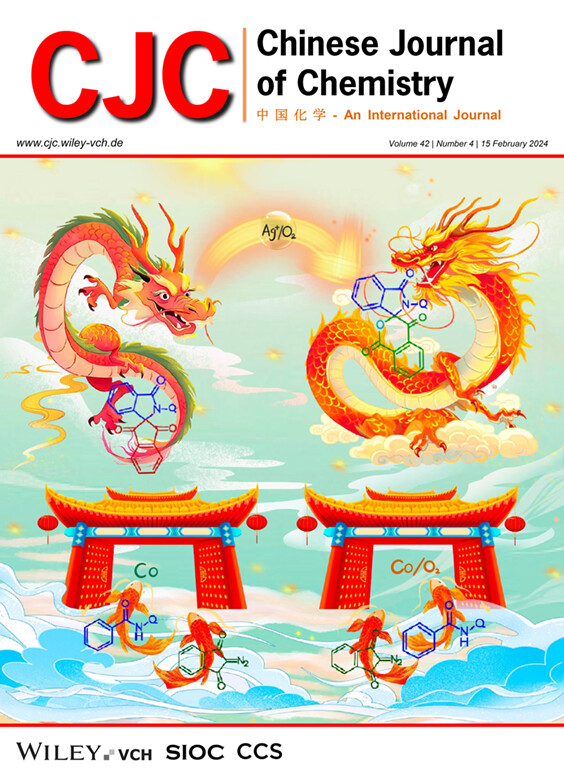
Cobalt, as a naturally highly abundant first row (3d) transition metal, has emerged as versatile, efficient and less toxic catalyst for C—H bond activation to construct polycyclic molecular frameworks. The cover image depicts the selective synthesis of spiro indene-2,1'-isoindolinones and spiro isochroman-3,1'-isoindolinones via cobalt-catalyzed switchable [4 + 1] and [4 + 1 + 1] spirocyclization of aromatic amides with 2-diazo-1H-indene-1,3(2H)-dione. More details are discussed in the article contributed by Li and Fan et al. on page 363—369.
Back Cover
Back Cover
- Page: 448
- First Published: 15 January 2024
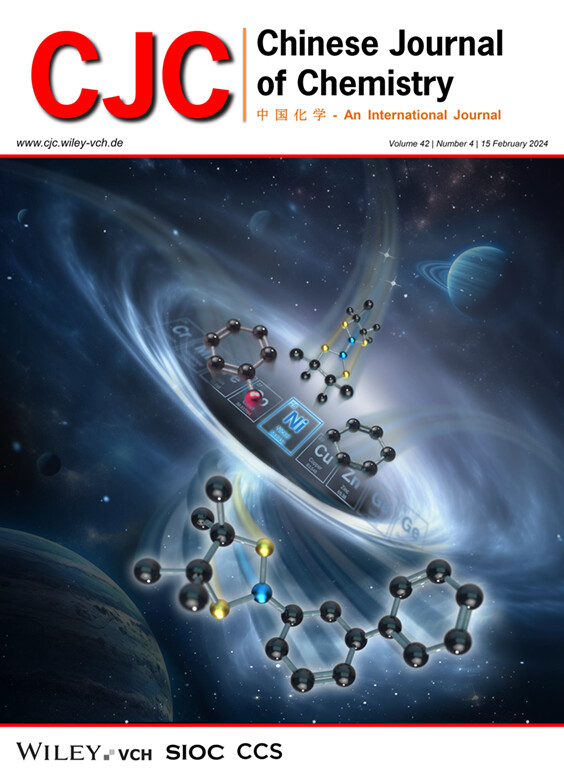
This work presents a novel approach to achieving stereoselective migratory carboboration of 1,4-cyclohexadiene via nickel catalysis. This innovative transformation allows for the simultaneous introduction of a boron group and an aryl or alkyl fragment into the 1,4-cyclohexadiene framework under mild reaction conditions, exhibiting exclusive regioselectivity and excellent cis configuration. The resulting products contain a double carbon bond and a boronate group, offering significant potential for subsequent transformations and a wide range of downstream applications. More details are discussed in the article by Yin et al. on page 356—362.




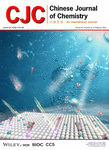

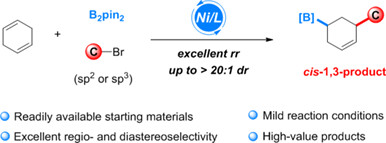
![Cobalt-Catalyzed Switchable [4 + 1] and [4 + 1 + 1] Spirocyclization of Aromatic Amides with 2-Diazo-1H-indene-1,3(2H)-dione: Access to Spiro Indene-2,1'-isoindolinones and Spiro Isochroman-3,1'-isoindolinones](/cms/asset/c587b4ab-b7dd-4bd7-83ed-04a610c995ce/cjoc202300509-toc-0001-m.jpg)
